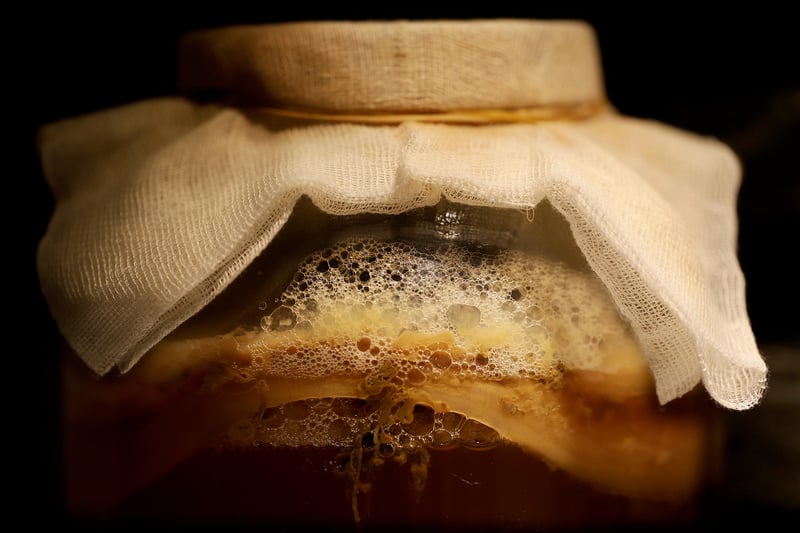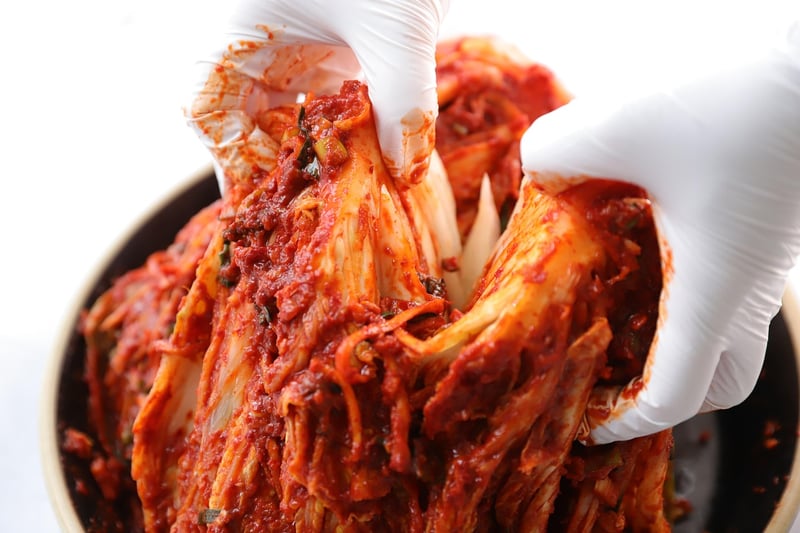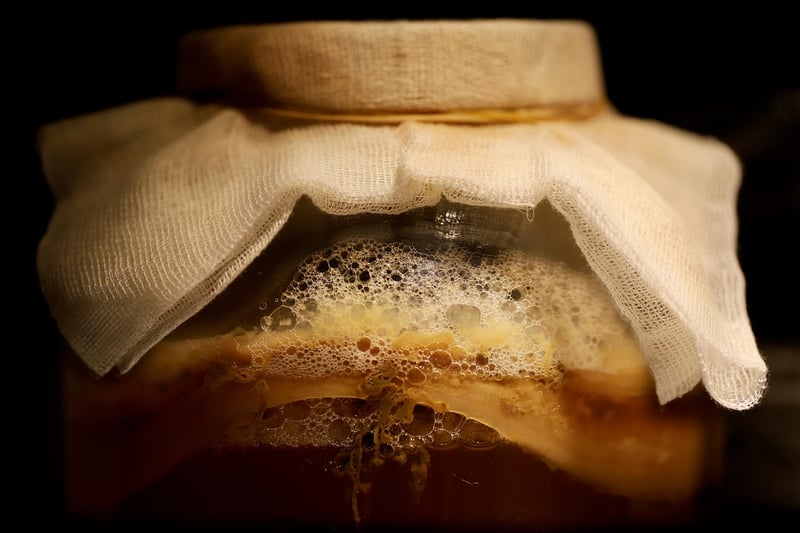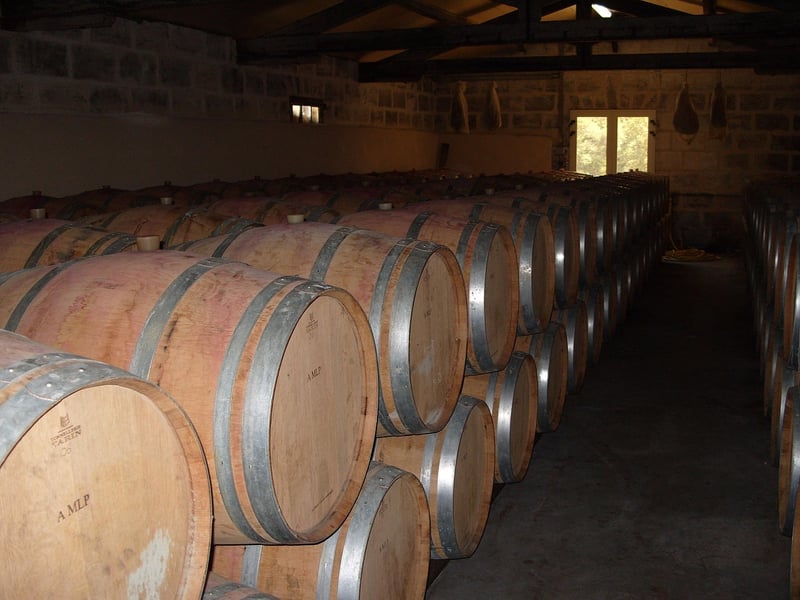Fermentation
Mastering Innovative Methods in Fermentation
Fermentation is a fascinating process that has been used for centuries to preserve food and create unique flavors. In recent years, there has been a resurgence of interest in fermentation, with enthusiasts experimenting with new ingredients and techniques to push the boundaries of traditional fermentation. In this article, we will explore some innovative methods that can help you take your fermentation skills to the next level.
1. Controlled Temperature Fermentation
By controlling the temperature during the fermentation process, you can manipulate the flavors and textures of the final product. Experiment with different temperature ranges to achieve the desired outcome, whether you want a tangy and acidic ferment or a milder and sweeter one.

2. Wild Fermentation
Instead of using commercial starter cultures, try wild fermentation using naturally occurring yeasts and bacteria present in the environment. This method can result in unique and complex flavors that are specific to your location.

3. Secondary Fermentation
After the initial fermentation process, consider transferring your ferment to a different vessel for a secondary fermentation. This can help enhance the flavors and create a more effervescent final product, perfect for beverages like kombucha or ginger beer.

4. Hybrid Fermentation
Combine different fermentation methods to create unique flavor profiles. For example, you can try combining traditional vegetable fermentation with a dairy fermentation process to create a one-of-a-kind product.

5. Aged Fermentation
Experiment with aging your ferments to develop deeper and more complex flavors. Just like aging cheese or wine, allowing your ferments to mature over time can result in a truly exceptional product.

By incorporating these innovative methods into your fermentation practice, you can elevate your skills and create truly exceptional fermented products. Remember to keep experimenting and exploring new possibilities to unlock the full potential of fermentation.
Happy fermenting!
